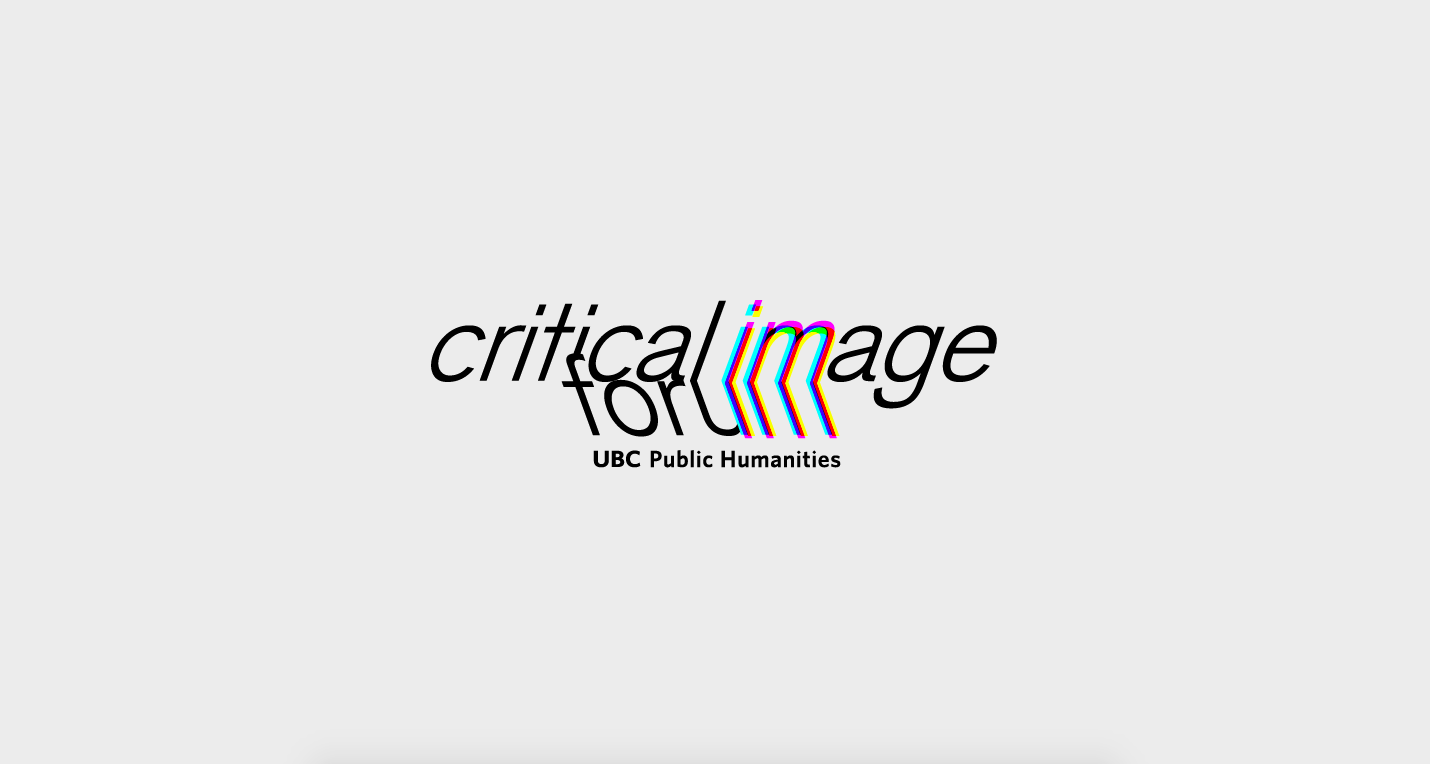Wednesday 8 Feb 2023 at 5:30 pm
Frederic Wood Theatre, 6354 Crescent Road, UBC
Critical Image Forum: A Conversation with Heather Igloliorte and Taqralik Partridge
-
Heather Igloliorte
Heather Igloliorte, an Inuk-Newfoundlander from Nunatsiavut, has been an independent curator for 17 years. Her major curatorial projects include INUA: Inuit Nunangat Ungammuaktut Atautikkut (Inuit Moving Forward Together) (2021-23); Among All These Tundras (2018-21); Decolonize Me (2011-15); SakKijâjuk (2016-2019); the Memory Keepers series (2019-2020) and ARCTIC XR/ ARCTIC AR, presented in conjunction with Árran 360° at the Sámi Pavilion of the Venice Biennale in 2022. In addition to maintaining a curatorial practice, Igloliorte teaches curatorial studies, critical museology and global Indigenous art history at Concordia University, where she holds the Tier 1 University Research Chair in Circumpolar Indigenous Arts and is an associate professor in the Department of Art History. Igloliorte co-directs the Indigenous Futures Research Centre and directs the nation-wide Inuit Futures in Arts Leadership: The Pilimmaksarniq / Pijariuqsarniq Project (2018-25).
Read More
-
Taqralik Partridge
Taqralik Partridge is the Associate Curator of Indigenous Art – Inuit Art Focus at the Art Gallery of Ontario (AGO). Prior to joining the AGO in 2022, Partridge served as director of the Nordic Lab at Galerie SAW Gallery and as adjunct curator at the Art Gallery of Guelph. She has worked as communications director for Avataq Cultural Institute and editor-at-large for Inuit Art Quarterly. In 2018, she was named a finalist for the CBC Short Story Prize. She is a member of the Inuit Leadership Group for Inuit Futures in Arts Leadership: The Pilimmaksarniq / Pijariuqsarniq Project. Partridge’s work has been included in the Biennale of Sydney (2020) and Among All These Tundras (2019). She has released a book of poetry, Curved Against the Hull of a Peterhead (2020). In 2022, she was co-curator for the Canadian Centre for Architecture’s first major Indigenous-led exhibition, Angirramut / Ruovttu Guvlui / Towards Home.
Read More
Please join us for a dialogue between Heather Igloliorte and Taqralik Partridge, who will discuss their previous collaborations as well as broader issues in curating and producing contemporary Inuit Art in institutional and community contexts. Igloliorte, an Inuk-Newfoundlander from Nunatsiavut, has been an independent curator for 17 years and teaches curatorial studies, critical museology and global Indigenous art history at Concordia University, where she holds the Tier 1 University Research Chair in Circumpolar Indigenous Arts and is an associate professor in the Department of Art History. Taqralik Partridge is a writer, spoken word poet and curator originally from Kuujjuaq, Nunavik and is Associate Curator of Indigenous Art–Inuit Art Focus at the Art Gallery of Ontario (AGO).
This event is presented by the UBC Department of Art History, Visual Art and Theory with support from the Audain Endowment for Curatorial Studies and Critical Image Forum, a Public Humanities Hub-funded research cluster. Critical Image Forum is a collaboration between the Belkin and the Department of Art History, Visual Art and Theory.
Image (above): Taqralik Partridge, Tusarsauvungaa, 2018, installation view from Among All These Tundras (2019) at the Esker Foundation, curated by Heather Igloliorte and Amy Prouty. Photo: John Dean
-
Heather Igloliorte
Heather Igloliorte, an Inuk-Newfoundlander from Nunatsiavut, has been an independent curator for 17 years. Her major curatorial projects include INUA: Inuit Nunangat Ungammuaktut Atautikkut (Inuit Moving Forward Together) (2021-23); Among All These Tundras (2018-21); Decolonize Me (2011-15); SakKijâjuk (2016-2019); the Memory Keepers series (2019-2020) and ARCTIC XR/ ARCTIC AR, presented in conjunction with Árran 360° at the Sámi Pavilion of the Venice Biennale in 2022. In addition to maintaining a curatorial practice, Igloliorte teaches curatorial studies, critical museology and global Indigenous art history at Concordia University, where she holds the Tier 1 University Research Chair in Circumpolar Indigenous Arts and is an associate professor in the Department of Art History. Igloliorte co-directs the Indigenous Futures Research Centre and directs the nation-wide Inuit Futures in Arts Leadership: The Pilimmaksarniq / Pijariuqsarniq Project (2018-25).
Read More
-
Taqralik Partridge
Taqralik Partridge is the Associate Curator of Indigenous Art – Inuit Art Focus at the Art Gallery of Ontario (AGO). Prior to joining the AGO in 2022, Partridge served as director of the Nordic Lab at Galerie SAW Gallery and as adjunct curator at the Art Gallery of Guelph. She has worked as communications director for Avataq Cultural Institute and editor-at-large for Inuit Art Quarterly. In 2018, she was named a finalist for the CBC Short Story Prize. She is a member of the Inuit Leadership Group for Inuit Futures in Arts Leadership: The Pilimmaksarniq / Pijariuqsarniq Project. Partridge’s work has been included in the Biennale of Sydney (2020) and Among All These Tundras (2019). She has released a book of poetry, Curved Against the Hull of a Peterhead (2020). In 2022, she was co-curator for the Canadian Centre for Architecture’s first major Indigenous-led exhibition, Angirramut / Ruovttu Guvlui / Towards Home.
Read More
Partners
Related
-
Research Project
2021 - Ongoing
Critical Image Forum: Research in Photography and Expanded Documentary
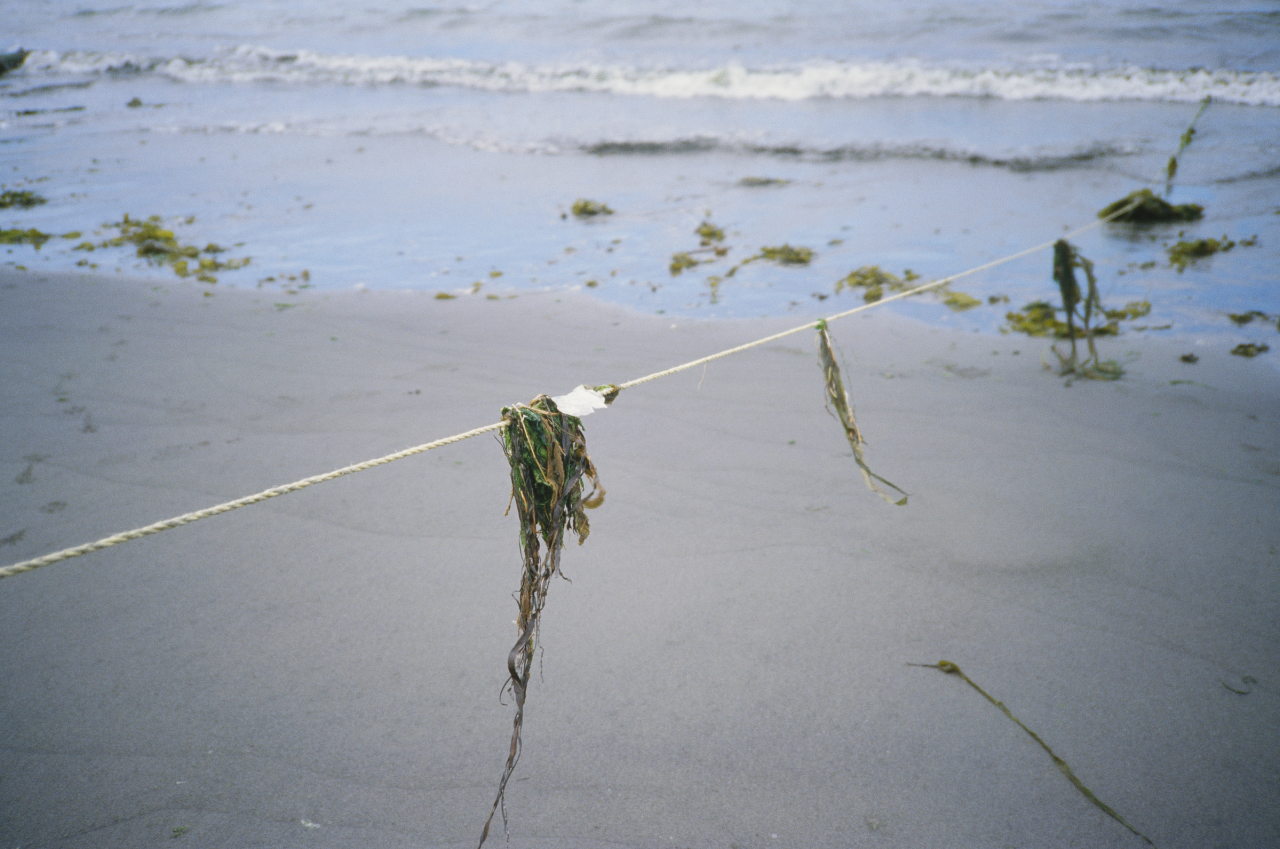
Critical Image Forum is a research project that focuses on the political, ethical, aesthetic and social dimensions of expanded documentary practices. The Forum's primary medium of research is photography, with an interest in how the proliferation of moving images, performance, sound and digital networks have challenged and complicated the veracity of the visual document.
[more] -
Event
Wednesday and Thursday, 9 and 10 Mar 2022
Critical Image Forum: Artist Talk with Elizabeth M. Webb
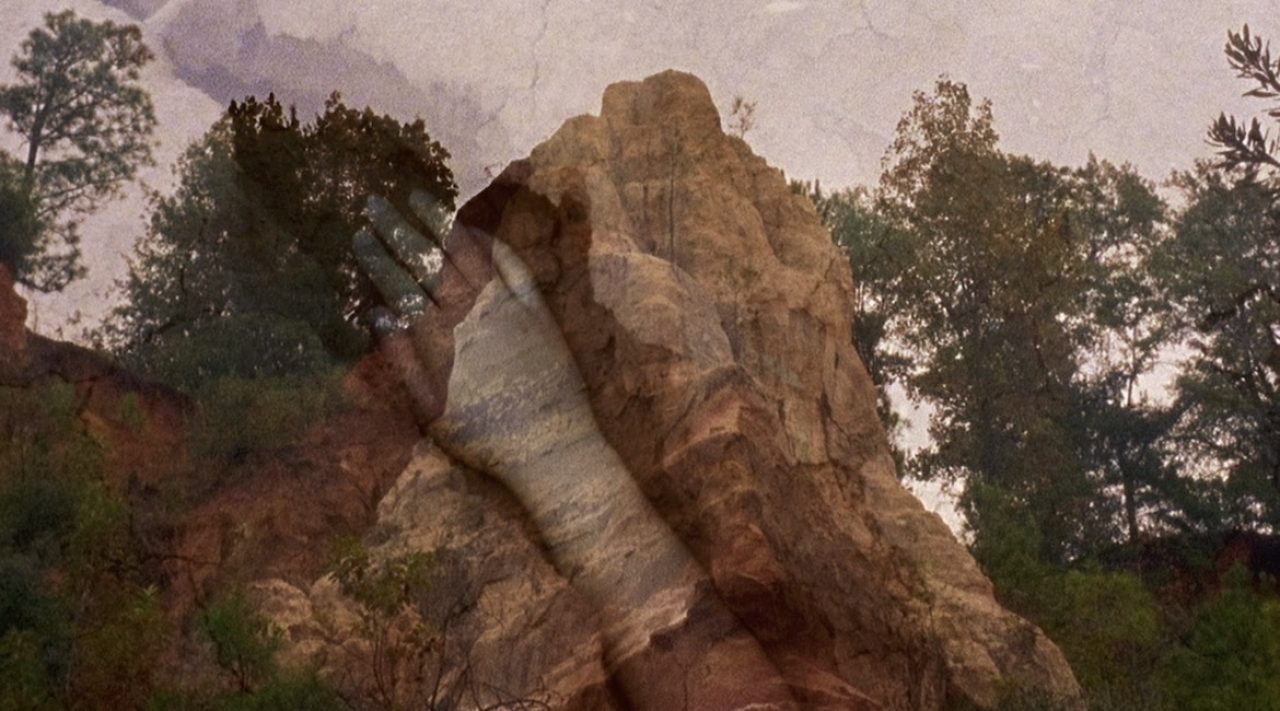
Join multimedia artist Elizabeth M. Webb for a talk and film screening; both events are free and open to the public, no registration is required. Masks and proof of vaccination are mandatory. Webb is an artist and filmmaker originally from Charlottesville, VA. Her work is invested in issues surrounding race and identity, often using the lens of her own family history of migration and racial passing to explore larger, systemic constructs. She has screened and exhibited in the US, United Kingdom, Canada, Japan, Ecuador, Singapore, Switzerland, Mexico, Spain, Austria, Norway and Germany and was a recipient of the inaugural Allan Sekula Social Documentary Award in 2014.
[more] -
Event
Critical Image Forum Dialogue Series: UAAC Global Photography
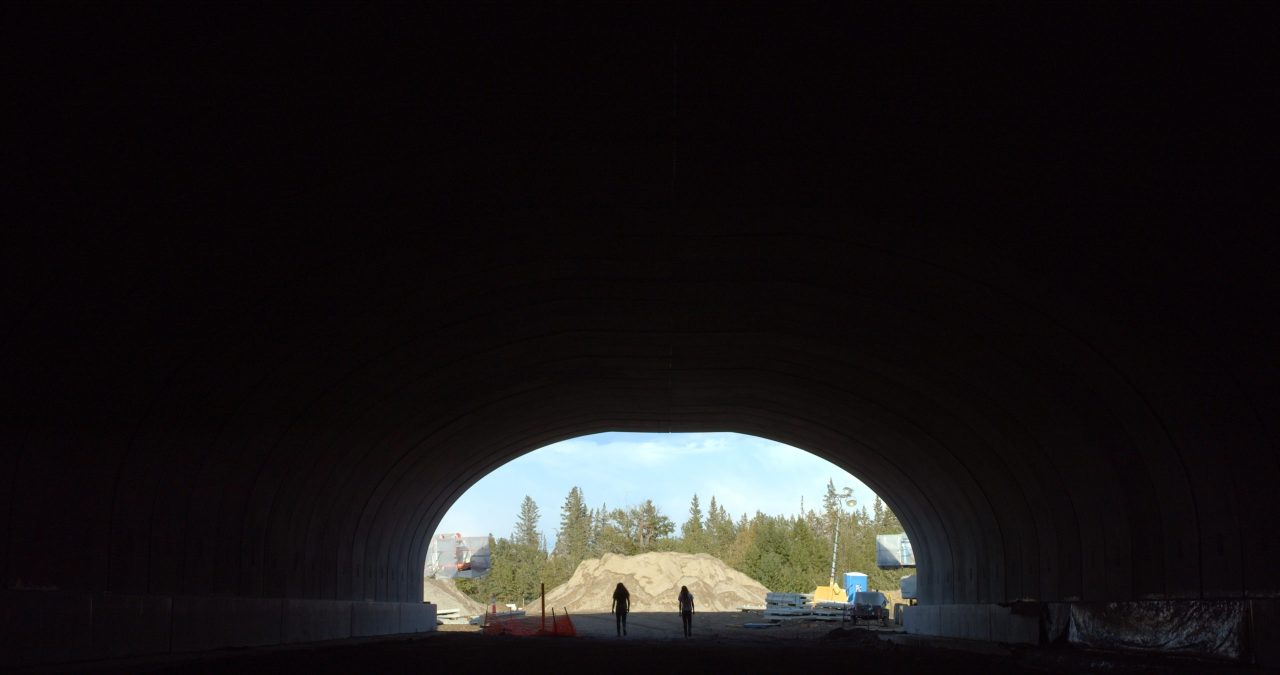
As part of the University Art Association of Canada's online conference, panel chairs Heather Diack (University of Miami) and Terri Weissman (University of Illinois at Urbana Champaign) brought together art historians and artists committed to deepening the discourse of photography studies and expanding its points of reference in Canada Global Photography: Critical Histories.
[more] -
Event
Critical Image Forum Dialogue Series: Sandra Boss
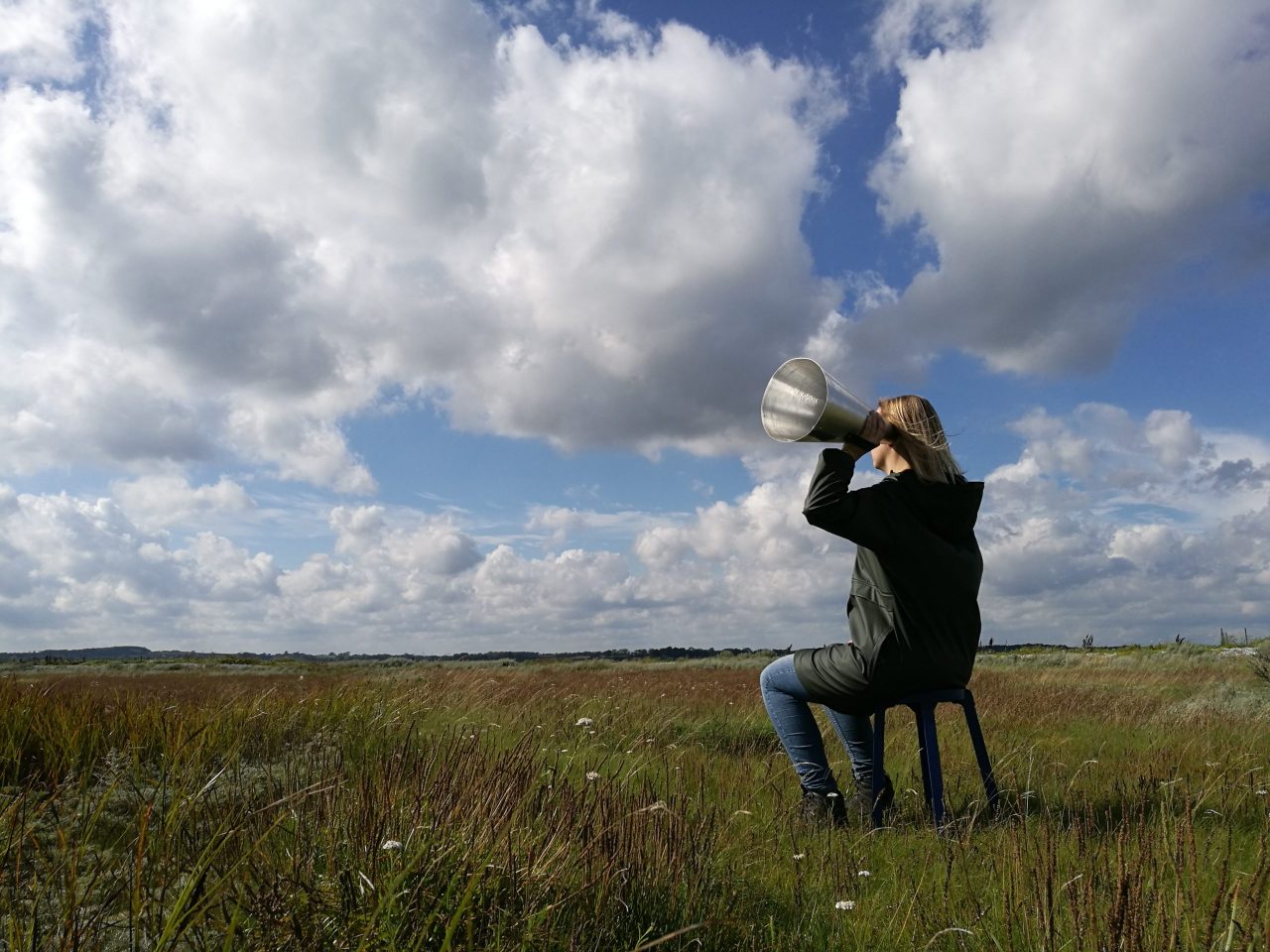
For this episode of the Critical Image Forum Dialogue Series, Tobias Ewé talks with Danish sound artist Sandra Boss about her practice-based research into mid-century German hearing machines, conceptions of hearing and how these shape the listening subject. The discussion takes its outset in Boss's dissertation, Tuning the Ear: Exploring Conditions and Conceptions of Hearing, which is much more than a collection of textual chapters, but a sound art object in and of itself.
[more] -
Event
Critical Image Forum Dialogue Series: Robert Del Tredici
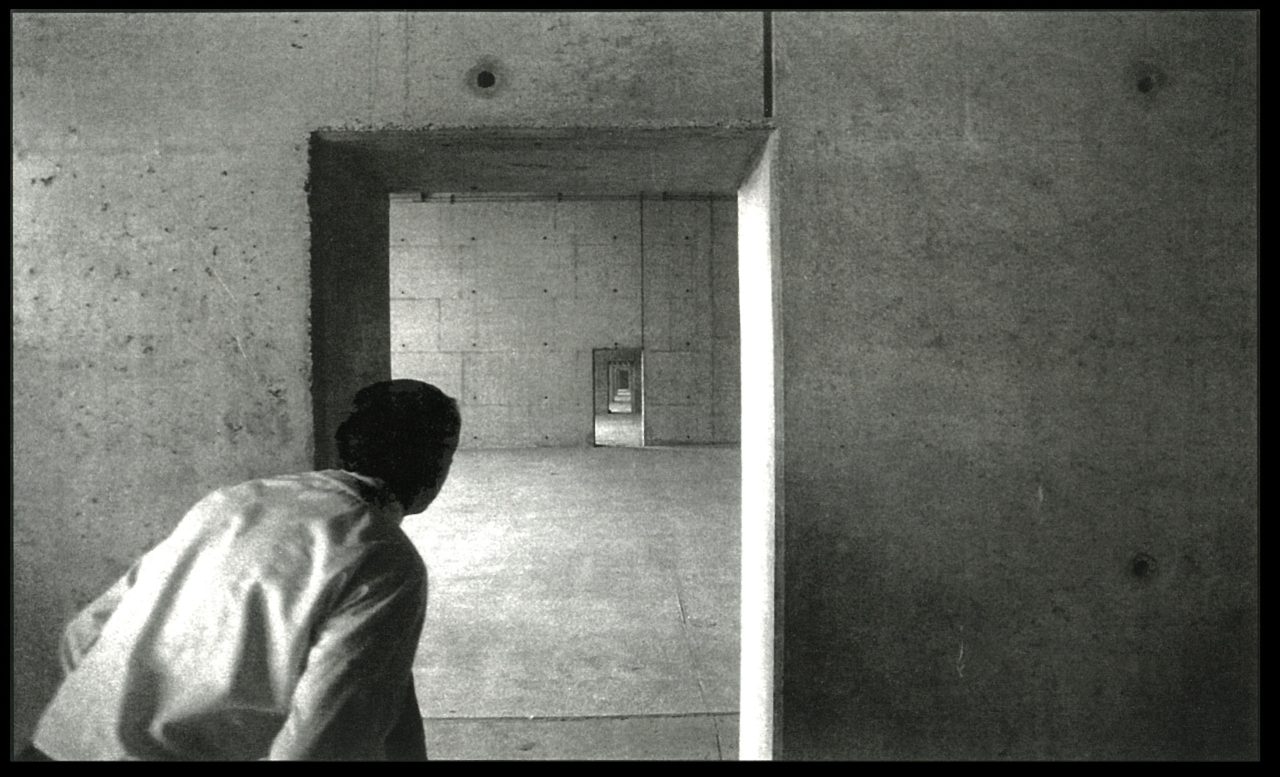
In this episode, through a far-reaching discussion of his illustration and photographic practice, and in dialogue with UBC professor emeritus John O’Brian, Robert Del Tredici touches on political, ethical and philosophical aspects of nuclear technologies and deployments. Through photographic projects from Three Mile Island, Hiroshima, Kazakhstan, Dene Territory in the Canadian Arctic and many other places and sites, Del Tredici’s presentation frames the enormity and devastation of the global nuclear industrial complex, helping to counter its forces of abstraction.
[more] -
Event
Critical Image Forum Dialogue Series: Paul Weinberg
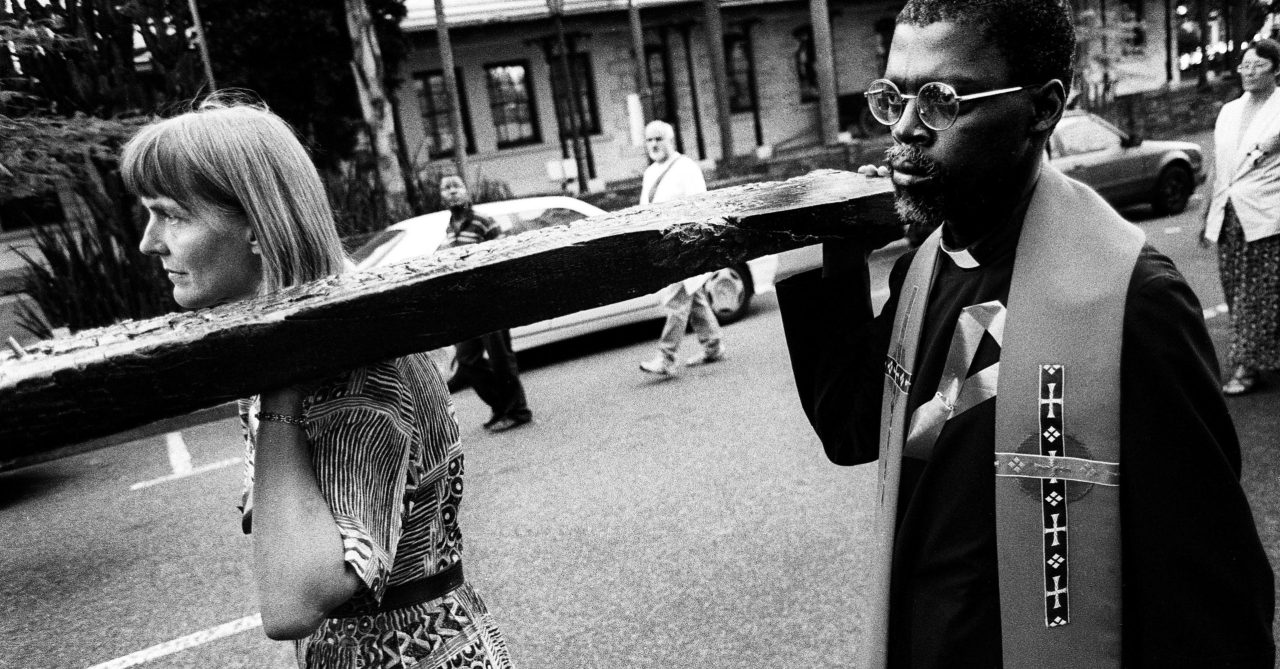
For this second episode of the Critical Image Forum Dialogue Series, Daniela Perez Montelongo is in conversation with South African photographer Paul Weinberg where they discuss key issues pertaining to the role of photography in South Africa during the Apartheid and post-Apartheid eras.
[more] -
Event
Critical Image Forum Dialogue Series: Marianne Nicolson
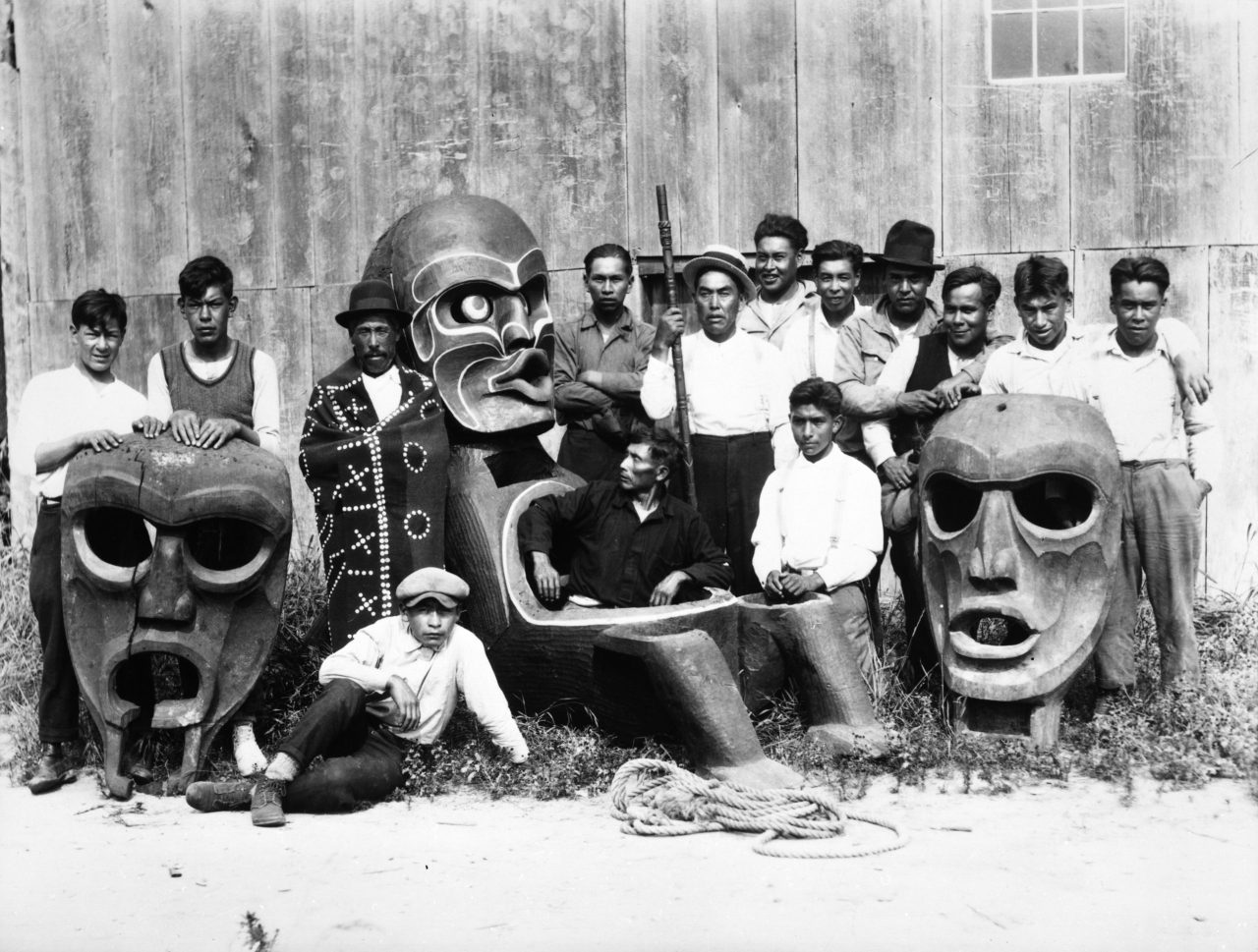
As part of Critical Image Forum's Dialogue Series, this online conversation with Althea Thauberger, Musgamakw Dzawada’enuxw artist and activist Marianne Nicolson helps us understand how particular photographic acts, although initiated by Canadian colonial photographers, were used, by those depicted, as opportunities for assertions of political, cultural and territorial sovereignty during the potlatch ban in the early twentieth century.
[more] -
Event
Critical Image Forum Dialogue Series: Luis Jacob
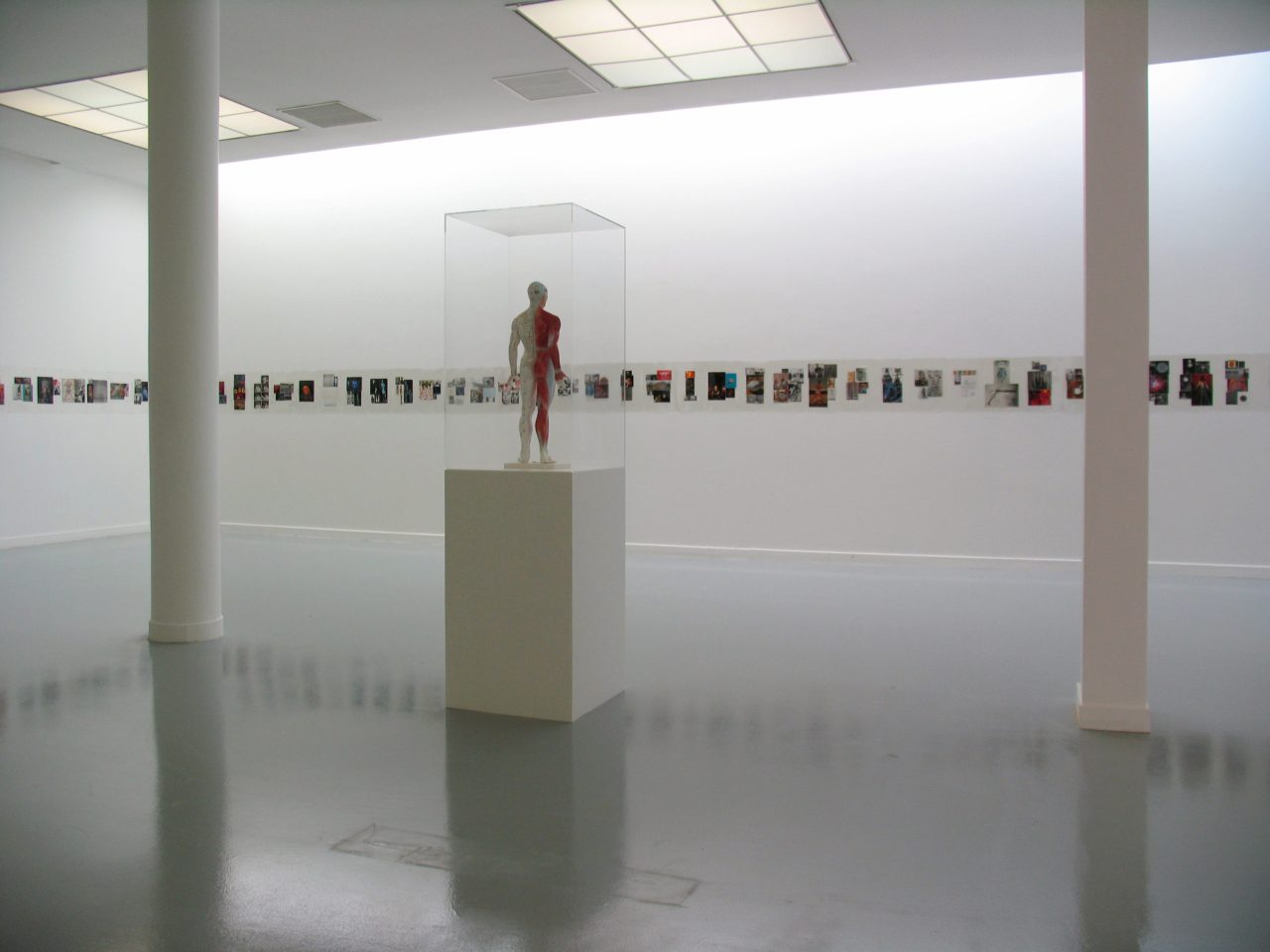
In this expansive consideration of his use of photographic archives, Luis Jacob describes the process of "aesthetic mobilization" that reveals the mediating - and mediated - character of human experience. With in-depth reference to two major works - his Album series (ongoing since 2000) and the recent project, The View From Here (2019) - he describes art’s capacity to arrest habitual trajectories of meaning-making, and to open spaces for new thoughts to become thinkable.
[more] -
Event
Critical Image Forum Dialogue Series: Farah Nosh
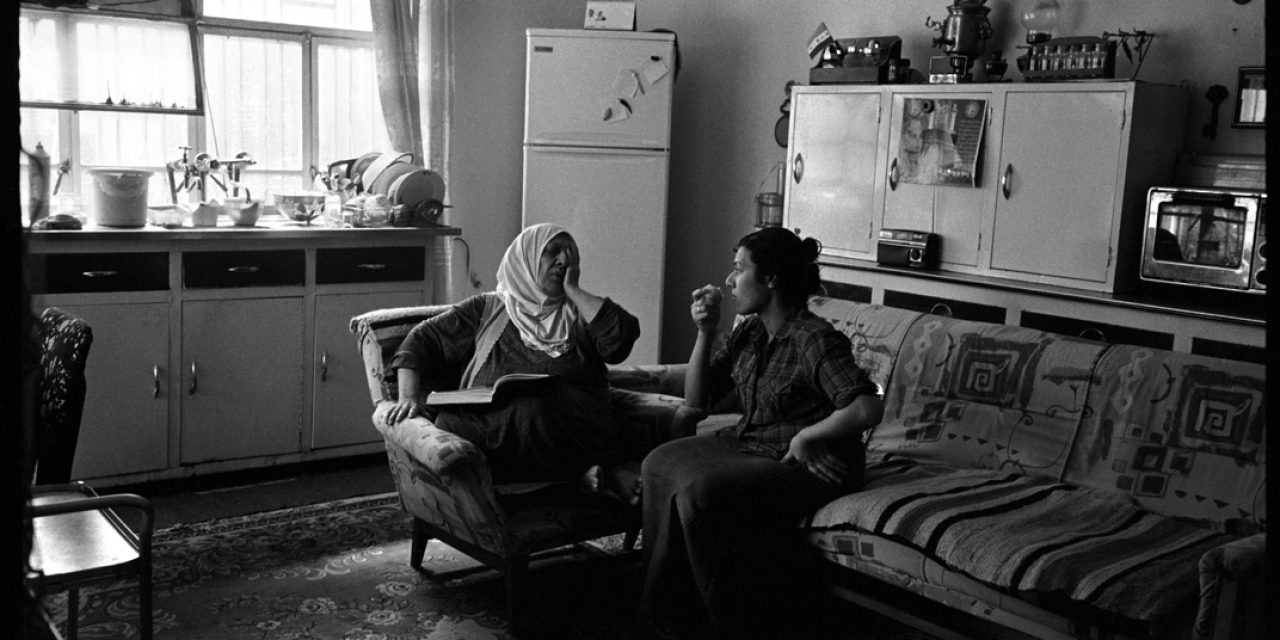
From her earliest work in conflict zones to her most recent project documenting fluent speakers of the Haida language in Haida Gwaii, Farah Nosh is known for her intimate, empathic approach to photojournalism and photographic portraiture. In this wide-ranging conversation initiated by UBC journalism MA student Steven Zhu, Nosh discusses her formative experiences with photography as a Geography student at UBC, and subsequently learning photojournalism on assignment in Iraq during the Saddam Hussein era.
[more]


